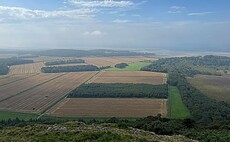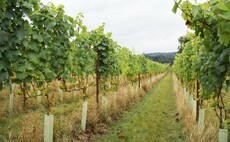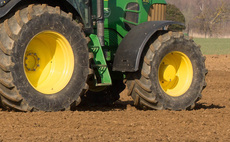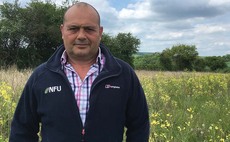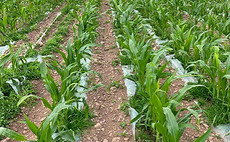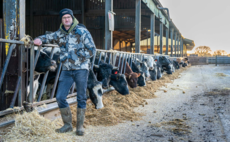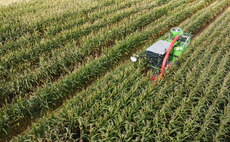Maize
Arable
With industry aiming to reach net zero by 2040, one of England’s largest arable farms is putting systems in place to achieve this.
Arable
Cambridgeshire farmer, Jamie Stokes manages his family's 1,000 hectare arable farm for his 96 year old grandfather. Years of succession planning had set a route for a fairly painless transition down two generations in one step. However, now if his grandfather survives until April 2026, at least 200 hectares of the farm must be sold to pay the tax bill, he says. And having just adjusted the business to survive the loss of subsidies, the maths on losing a fifth of the farm's land poses another major challenge.
Arable
A small arable farm on the edge of the Lake District is exploring new ways to produce crops while preserving its carbon-rich peatlands.
Arable
Exclusive dinners to yoga in the vineyard – how one Hertfordshire farm has ambitious plans as wine industry continues to flourish.
Arable
Many growers have been forced to drill cereals much later than they would have liked this season after persistent rainfall has put fieldwork on the backfoot. Alice Dyer gets tips for success from two experts.
Arable
NFU crops board chairman Matt Culley is a fourth-generation farmer from Hampshire working in partnership with his parents and brother.
Arable
Growers are urged to consider a split dose post-emergence herbicide approach in maize crops this year to ensure early germinating weeds do not impact final yields
Arable
Maize and fodder beet growers are being urged to complete a survey about the impact of the loss of important seed dressings.
Arable
Careful selection of maize varieties is helping a large-scale beef enterprise in North Yorkshire to finish cattle within 90 days and maximise biogas yield from an anaerobic digestion plant. Debbie James reports
Arable
It takes years to breed, test and register new maize varieties which give UK growers the highest level of performance. Debbie James finds out more from the experts leading the maize breeding and trial work at farmer-owned co-operative Limagrain.
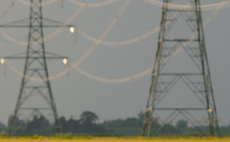
 21 November 2024
•
6 min read
21 November 2024
•
6 min read

